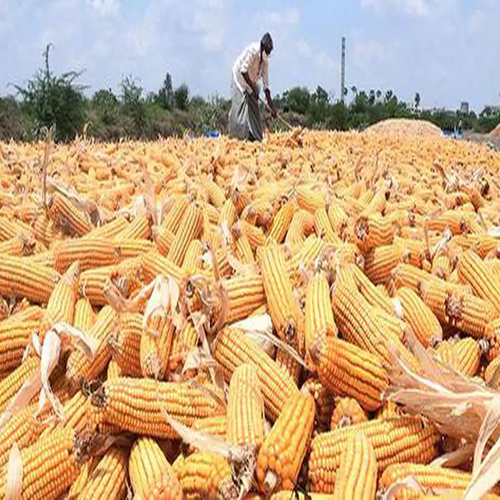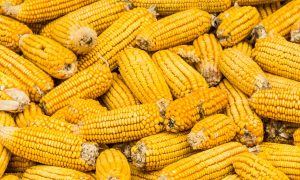Zimbabwe to import 3.2m tonnes of maize

Zimbabwe has granted 651 import permits for 3.2 million tonnes of maize to counter drought impacts, surpassing its annual requirement of 2.2 million tonnes. The government emphasizes the role of private sector partnerships in ensuring food security and affordability. Since April 1, 400,000 tonnes have been imported from South Africa, Zambia, and Mozambique. Additionally, the winter cereals plan includes 121,982 hectares of wheat and increased irrigation to 217,000 hectares, aiming for a record wheat harvest of 600,000 tonnes.
The Zimbabwean Government has issued 651 import permits to private companies to procure at least 3.2 million tonnes of maize to mitigate drought impacts, surpassing the country’s annual requirement of 2.2 million tonnes. Lands, Agriculture, Fisheries, Water, and Rural Development Minister Dr. Anxious Masuka emphasized the importance of private sector partnerships for food security.
Since April 1, approximately 400,000 tonnes of maize have been imported from South Africa, Zambia, and Mozambique. The Government aims to ensure affordable mealie meal and has warned businesses against price gouging. Additionally, household-level imports of mealie meal are now allowed.
Dr. Masuka highlighted the success of the winter cereals production plan, with 121,982 hectares under wheat and 6,725 hectares under potatoes, projecting a record harvest of 600,000 tonnes of wheat. The area under irrigation has increased by 28 percent since 2019, reaching 217,000 hectares in 2024, driven by the Accelerated Irrigation Rehabilitation and Development Plan initiated by President Mnangagwa. Zimbabwe’s 10,600 dams, holding over 10.6 billion cubic meters of water, support the irrigation expansion goal of 496,000 hectares by 2030.
Information Publicity, and Broadcasting Services Minister Dr. Jenfan Muswere outlined four key irrigation development models to achieve food production independence from the rainy season. These include developing existing irrigation infrastructure, leveraging the country’s dams, promoting corporate irrigation development, and supporting smallholder irrigation.
The Accelerated Irrigation Rehabilitation and Development Plan, approved in 2021, aims to develop 350,000 hectares for summer irrigation by 2025, producing 1.8 million tonnes of summer cereals annually. This will meet the population’s consumption needs, estimated at 120 kilograms per person per year, although current consumption is 92 kilograms per person per year.
Source Link : https://bulawayo24.com/index-id-news-sc-national-byo-243989.html














